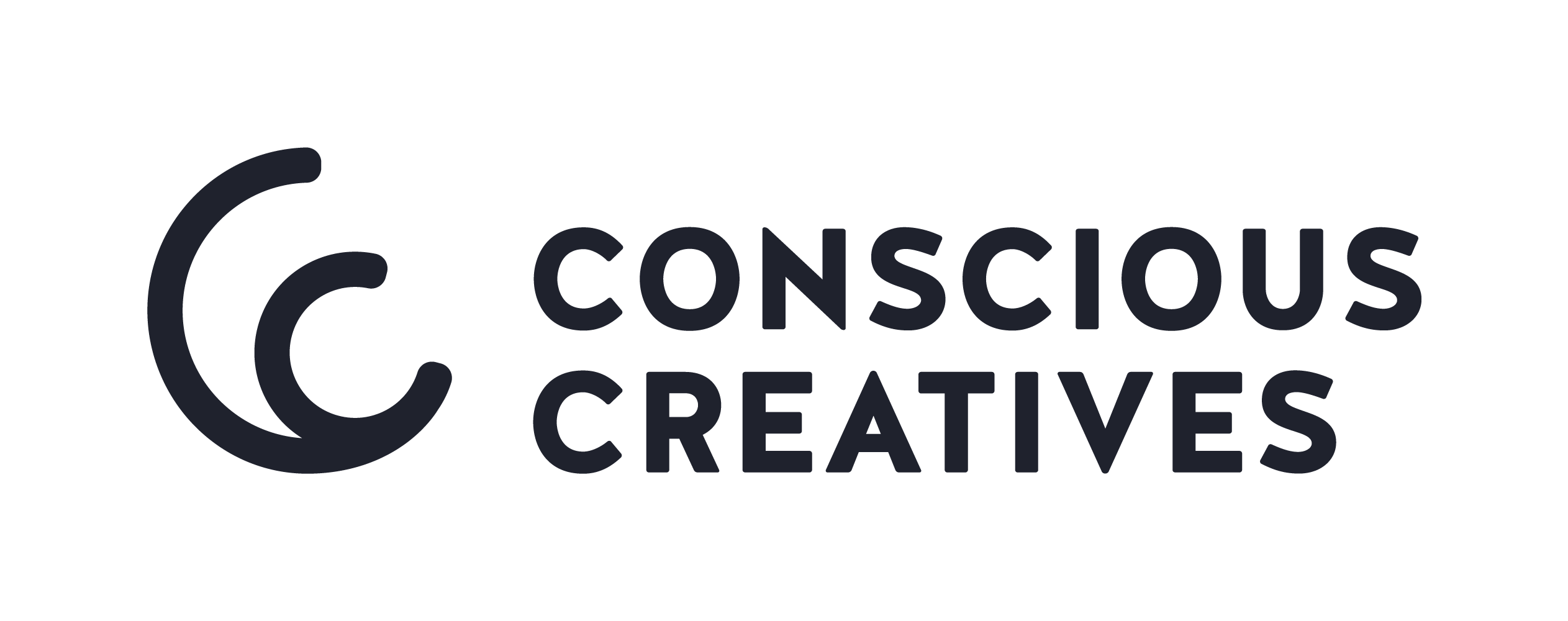Over the last few weeks the Swedish oat-milk brand Oatly has been a hot topic amongst newspapers and activists alike. After selling 10% of its shares to the Blackstone group, Oatly has been labelled as ‘cancelled’ on social media. The partnership has led to many questioning the sustainability and values of their favourite oat-milk product.
Blackstone, the private equity firm that is investing $200 million into Oatly, has been questioned for its ethics for a number of reasons. For one, the firm is chaired by Stephen Schwarzman who has given $3 million to pro-Trump super PAC America First Action. Not only this, but Blackstone’s reputation has been tainted by its focus on profit over people and the planet. For example, they are a part-owner of two Brazilian firms that are contributing to the deforestation of the Amazon.
That leads us to wonder… If this is the Blackstone group, and the kinds of projects that they support, then why has Oatly partnered with them?
Doing the right thing
Oatly answers this question on their website, where they centre their argument around the idea of change. They state:
‘Getting a company like Blackstone to invest in us is something we have been working on to create maximum change to benefit the planet. From a sustainability perspective, we are convinced that helping shift the focus of massive capital towards sustainable approaches is potentially the single most important thing we can do for the planet in the long-term.’
Oatly’s vision seems to be that in partnering with Blackstone, they can make these bigger firms see that sustainability is profitable from the inside. Their aim is to encourage global private equity to partner with sustainable brands because these brands are increasingly creating profit. Their goal is that these partnerships are the kind of change that will keep green products growing through investment.
It is clear from Oatly’s response that they believe they are doing the right thing for sustainability. Their aim for sustainability to keep growing and their long-term vision is hopeful and visionary. But there is a thin line between a hopeful idea and a naive one. Is it really possible for a brand like Oatly to change a firm as large as Blackstone?
At Conscious Creatives we believe that doing the right thing is always the right thing to do. But how do we define ‘right’? Is Oatly doing the right thing because they are making changes for a sustainable future?

Following our values
One way in which we can do the ‘right’ thing is to follow our brand’s values. It is to look at the heart of our brand, remember what its purpose is, and align our decision making with what matches our brand.
This is what is so disappointing for fans of Oatly. The product that we love has gone against its values to work with a firm that neglects the needs of the planet.
Blackstone is already using their investment in Oatly as a way to state that they are concerned in sustainability. This allows them to use their $200 million investment in Oatly as a business stunt: it makes them appear concerned with the environment despite their unsustainable ties.
We must also question where and to what use Blackstone will put their profit from this investment. With their history of working with unsustainable companies, the profit generated from Oatly’s sales could go into further harming the Amazon rainforest. Such a result would consequently undo any of the good that may have come out of the partnership.
These implications show how we cannot be truly sustainable if we use and support unsustainable money. If we are not sustainable at our roots, if we do not follow through with our values, then we lose our sense of integrity that is so important for consumers.

What can we do?
It all comes down to a brand’s, a company’s, and a business’s core values. This highlight on Oatly’s partnership encourages us to look at ourselves.
What is it that we value? Do our partnerships, clients, and sources align with those values?
And if not… why not?

